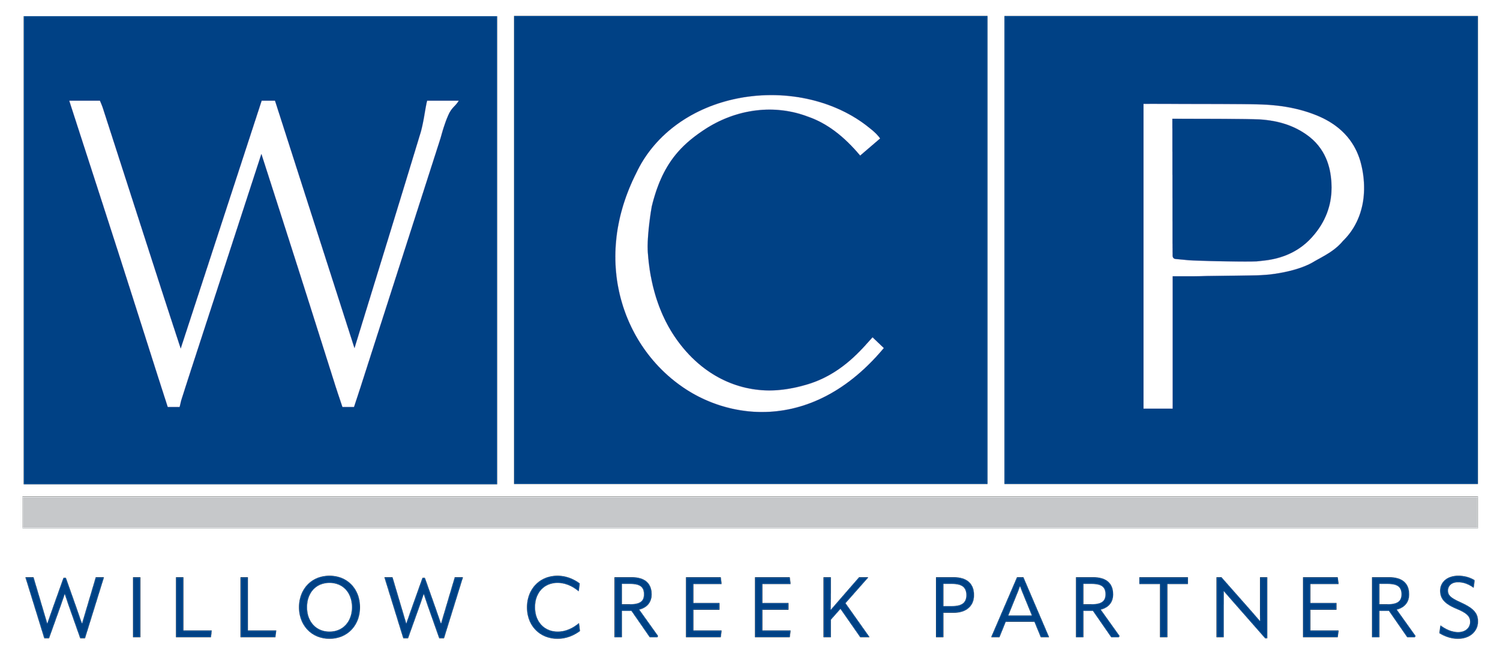Echoes of a Banking Crisis
Earlier this year, SVB and Signature Bank failed over a weekend, and the FDIC took custody of the majority of the loans from each. A couple weeks later, when First Republic was sold to JP Morgan, and PacWest saved itself, it was easy to think that this chapter of the crisis was over. But last week, the FDIC, with Newmark as their partner, began selling the private equity slug of Signature’s loan book. What’s fascinating to us is that the FDIC is insisting that the buyers of this debt must be FDIC-insured depository institutions.
The irony, of course, is that private lending has been on the rise from many of the very institutions whose loans are being sold. It is, of course, intentional on the part of the FDIC to keep competing companies from buying each other’s loans, because they see potential market disruption that could come in the form of predatory activity OR collusion that would not uphold the integrity of the sale process.
What is also instructive is that just because a bank fails, it does not mean that its underlying assets and liabilities just cease to exist. The process (just the private equity piece) is estimated to take place through the end of October, and that’s before many of the other slices of the loan book are contemplated.
With that said, the FDIC seems to have been awakened by this crisis, and while it’s long overdue, recent rhetoric should have investors on their toes. Last week the FDIC warned banks about inaccurate reporting on their financial statements regarding reducing uninsured deposits. Why would they need to make that warning? And more importantly, why would they have to make it public? The likely answer is that banks are desperate to get their metrics in line to avoid bank runs like we saw at SVB.
The FDIC also does not want investors to presume that they are insuring deposits that they are not. But the trigger is a fee being charged to larger banks in May on uninsured deposits to recoup the losses the FDIC will take on the SVB and Signature portfolios.
According to S&P Global, banks revised earnings this quarter at a rate double that of normal quarters and this fee is likely the genesis of the issue. Banks have had a rough year. The pause at the Fed last month may have helped give them some breathing room, but their balance sheets have been damaged by the interest rate hike cycle and getting through the next few quarters will not be easy.
Source: Axios
